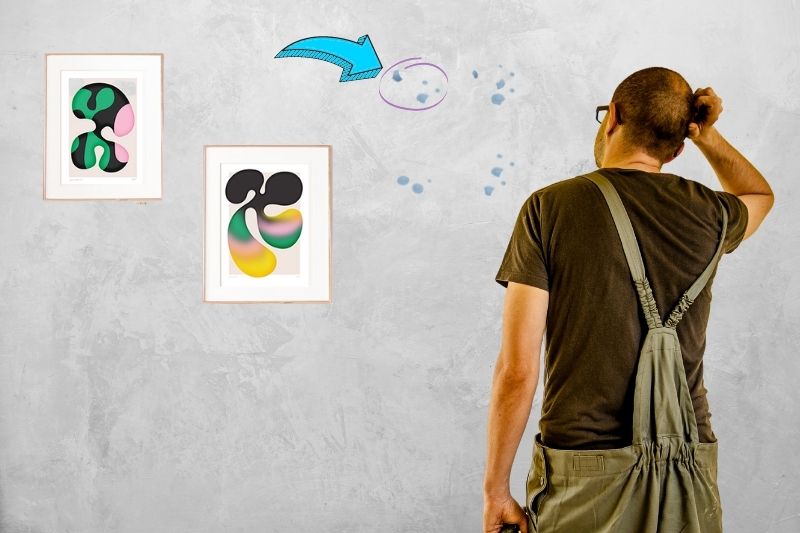The COVID-19 pandemic has had a profound impact on the global medical products industry. From face masks and gloves to and even life-saving ventilators, the demand for medical products has skyrocketed since the onset of the pandemic. And this demand has placed unprecedented pressure on the industry as a whole, as well as individual stakeholders such as suppliers and manufacturers.

One of the biggest challenges arising from the pandemic is the supply chain disruption caused by COVID-19. As the virus spreads across the globe, factories in major manufacturing hubs in China, South Korea, Europe, and the US have been forced to shut down, leading to a shortage of raw materials and finished goods. This has had a cascading effect on downstream players in the industry, as well as on healthcare providers who rely heavily on these products to keep their patients safe.
Another major challenge affecting the medical products industry is the rising price of goods. The increased demand for medical products has outpaced supply, leading to price hikes for both raw materials and finished goods. Manufacturers of medical products are also facing higher costs for raw materials and transportation, which translates into higher prices for distributors and healthcare providers. Ultimately, the increased prices of medical products are passed along to patients, making it more difficult for them to access affordable healthcare.
In addition to supply chain disruption and rising prices, the medical products industry is also facing increased scrutiny of the quality and safety of its products. With the sudden surge in demand, many manufacturers are rushing to bring new products to market without proper validation and testing. This has led to concerns about whether these products are safe and effective, as well as about potential regulatory compliance issues. For example, the US FDA has issued emergency use authorizations for a wide range of medical products, from face masks to diagnostic tests, raising concerns about whether these products have been thoroughly vetted for safety and efficacy.
Despite these challenges, the medical products industry has also seen some positive developments in response to the pandemic. For example, the industry has seen a massive increase in innovation and collaboration, with companies from different sectors coming together to find solutions to the challenges they are facing. This collaboration has led to the development of new products, such as diagnostic tests and telehealth technologies, which have helped to improve patient care and reduce the risk of exposure to the virus.
In addition, many companies in the medical products industry have shifted their focus to manufacturing products that are essential for fighting COVID-19. For example, companies that traditionally produce beauty products have switched to making hand sanitizers and face masks, while others have ramped up production of ventilators and other critical medical equipment. These efforts have helped to alleviate some of the supply chain disruption caused by the pandemic, ensuring that healthcare providers have access to the products they need to keep their patients safe.
In conclusion, the COVID-19 pandemic has had a significant impact on the medical products industry, from disrupting supply chains to raising prices and increasing the scrutiny of product quality and safety. However, the industry has shown resilience and innovation in responding to these challenges, with companies and stakeholders coming together to find solutions and overcome the obstacles they face. As the world continues to grapple with the pandemic, the medical products industry will undoubtedly play a critical role in protecting public health and ensuring that patients have access to the care they need.